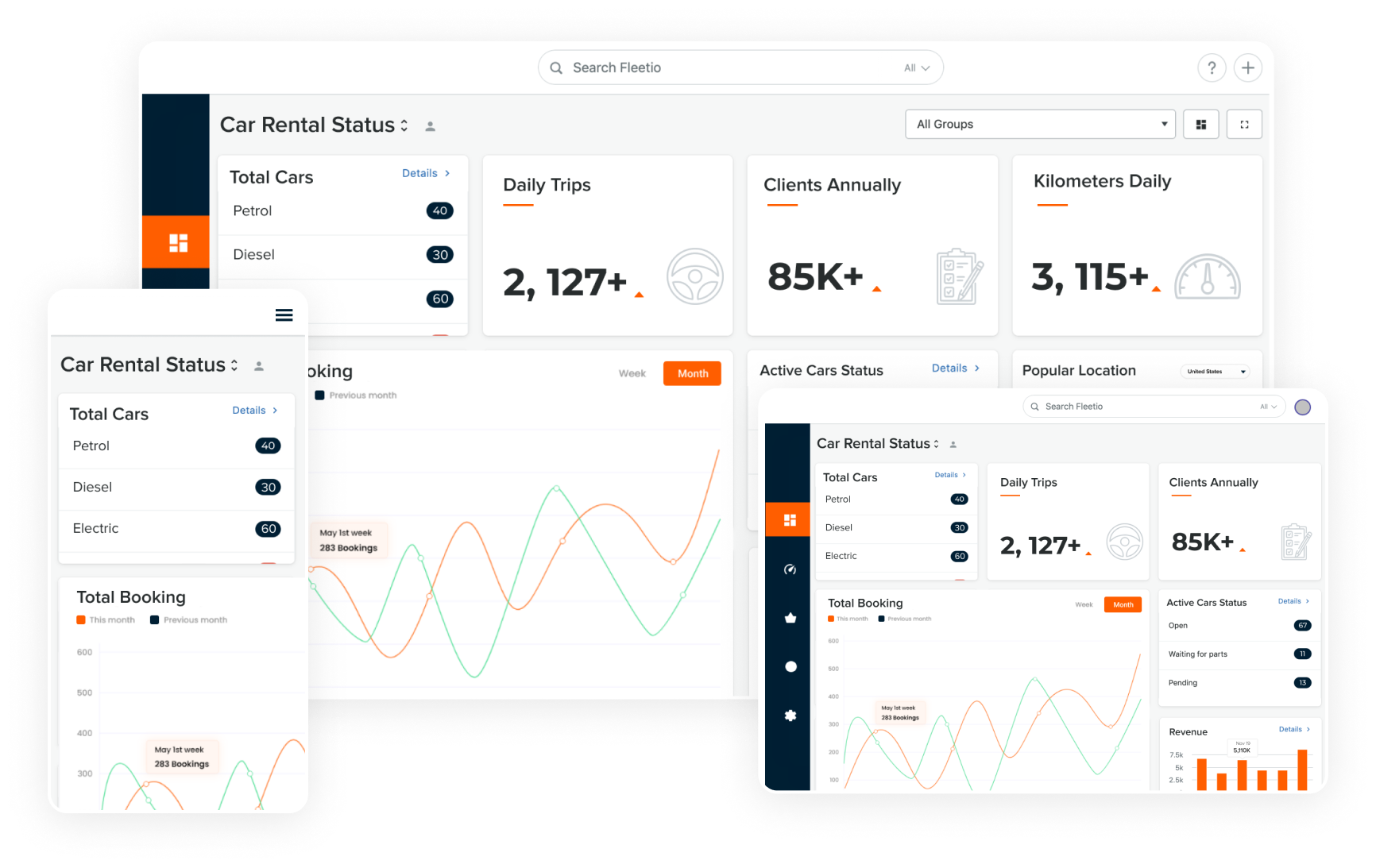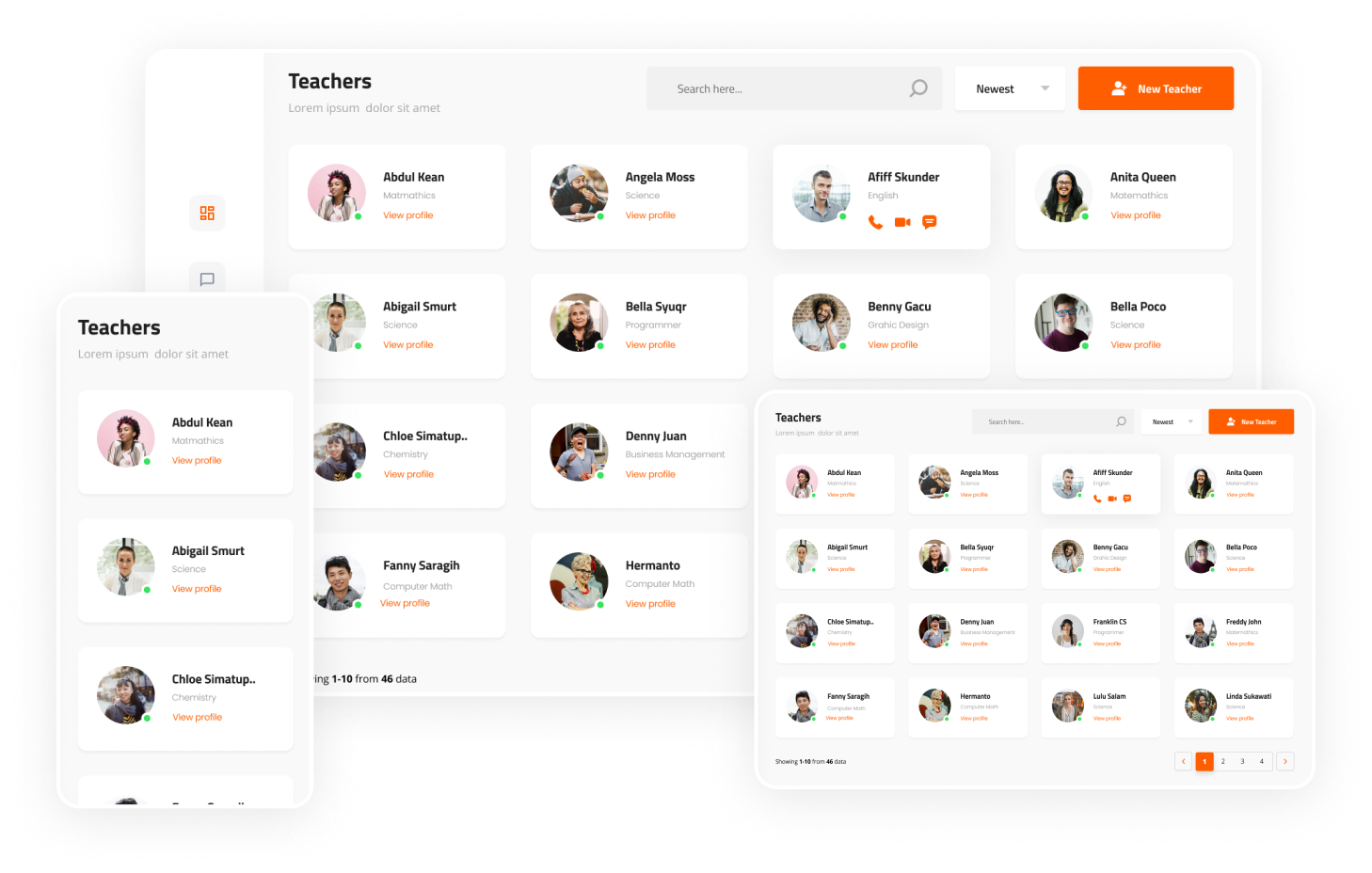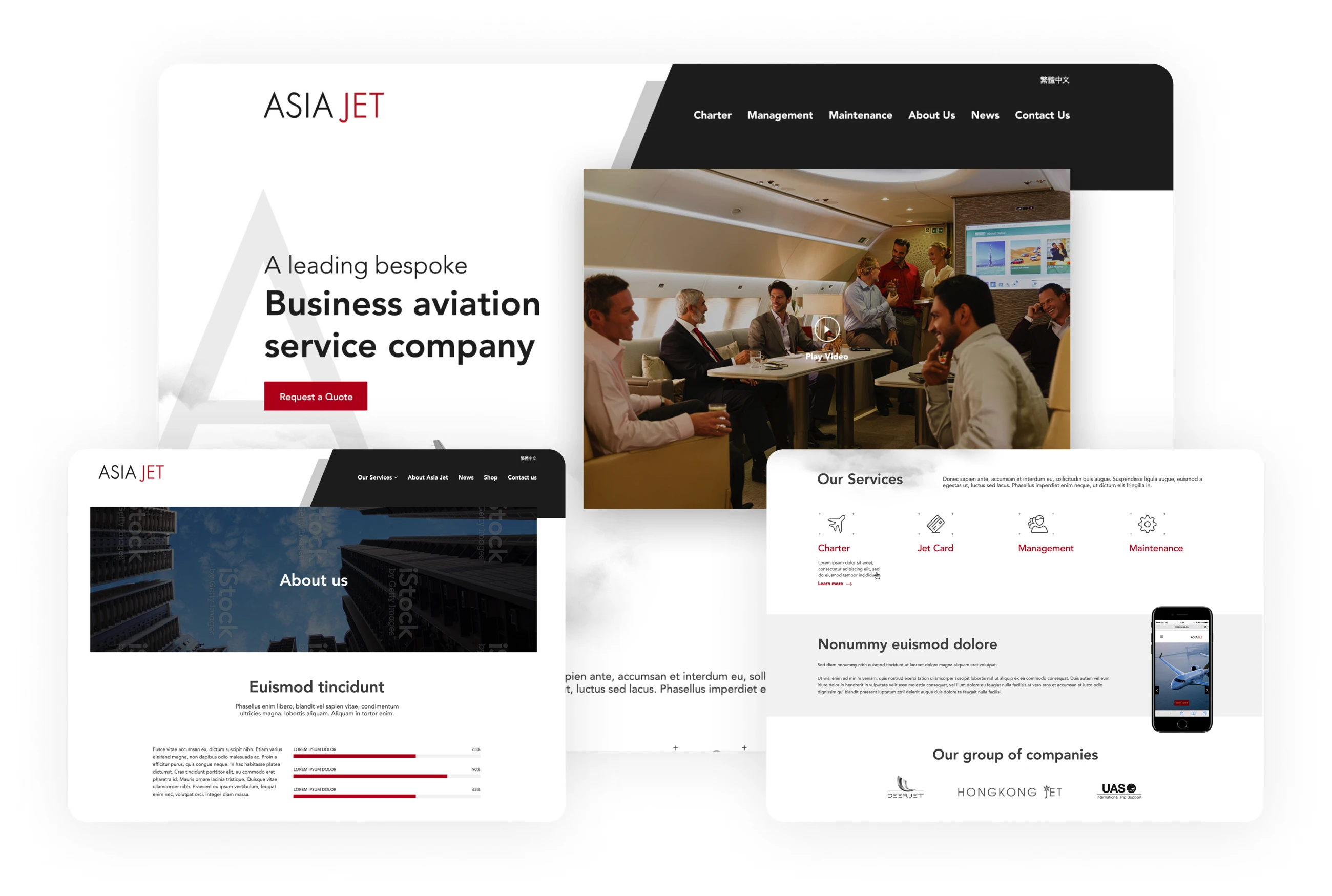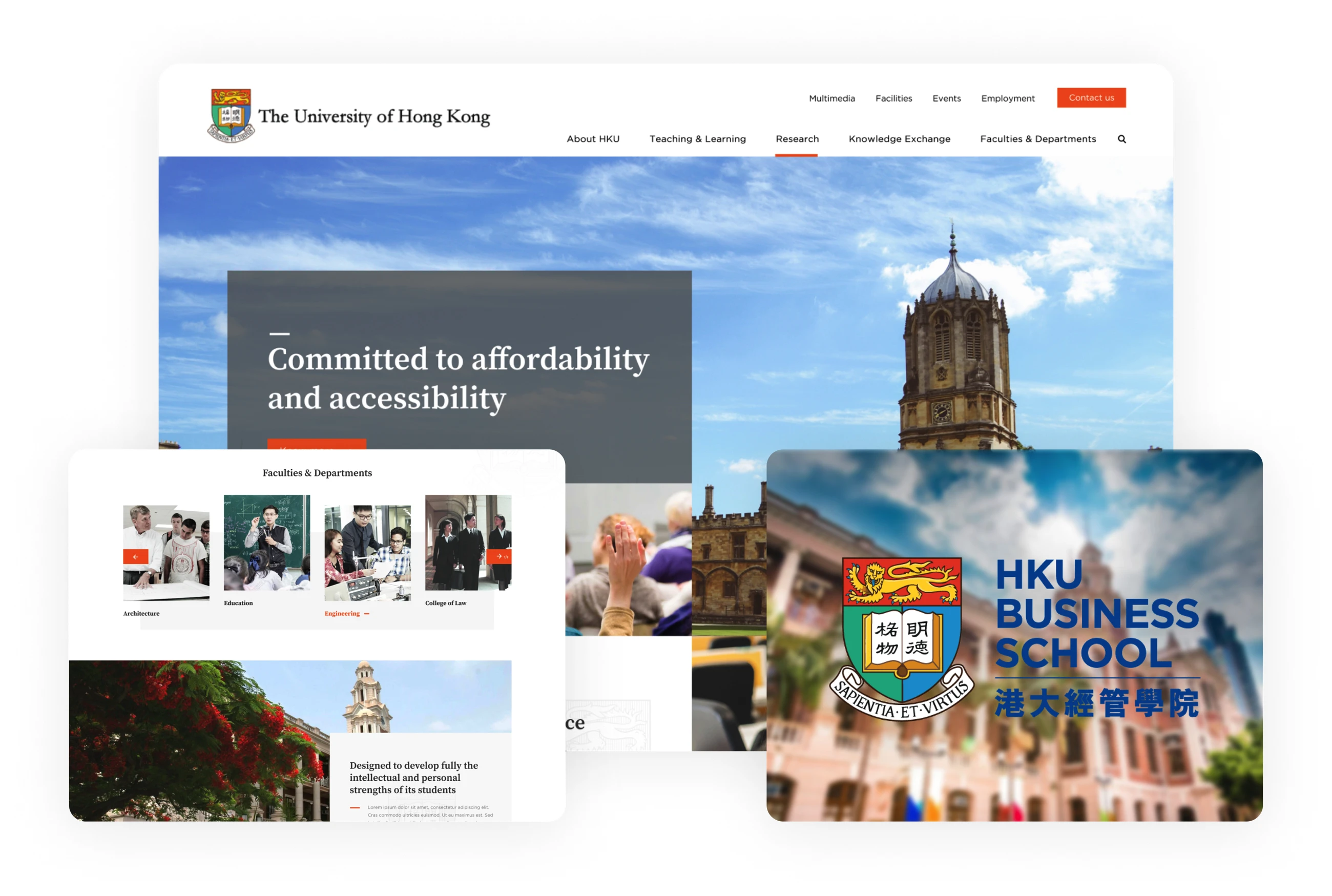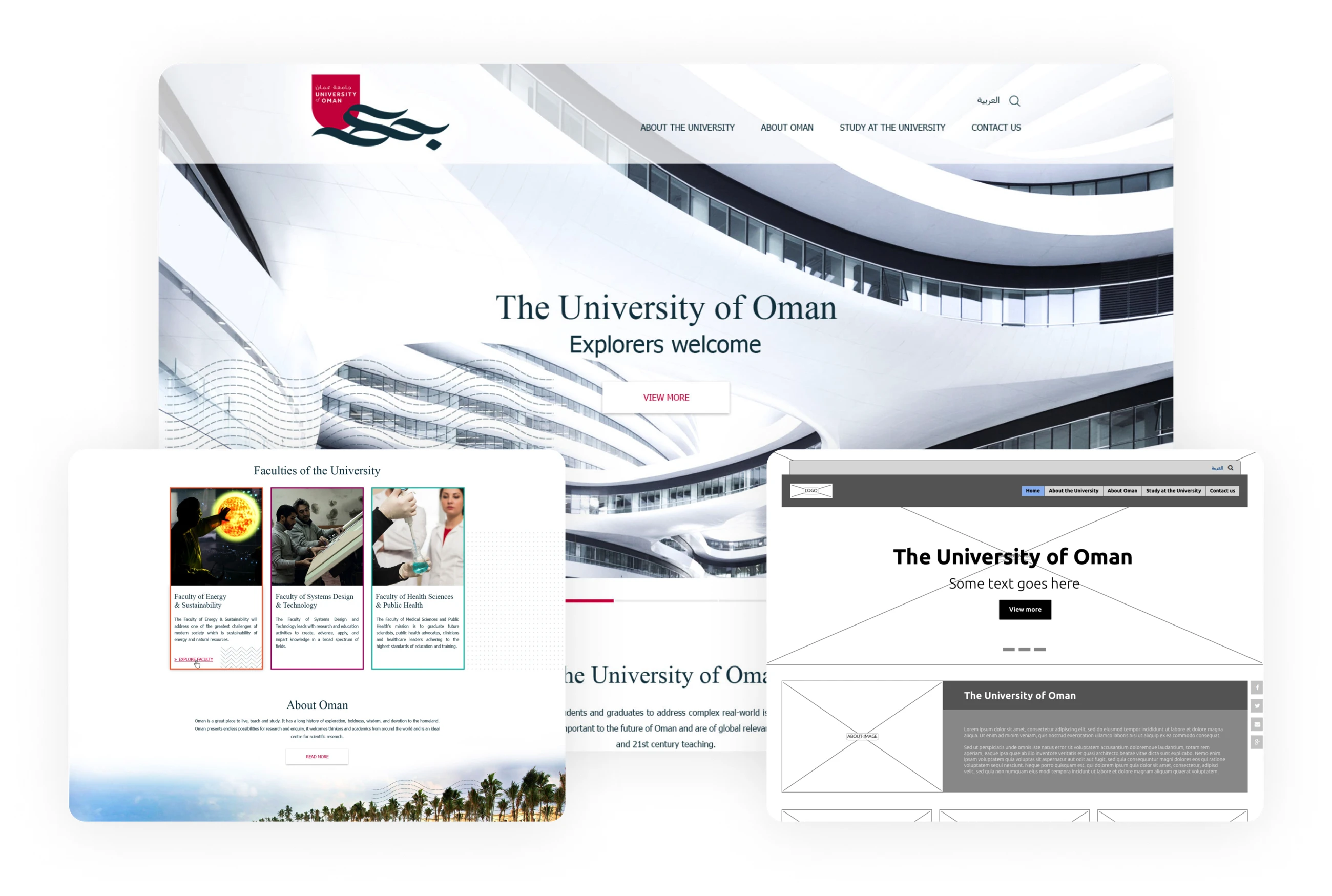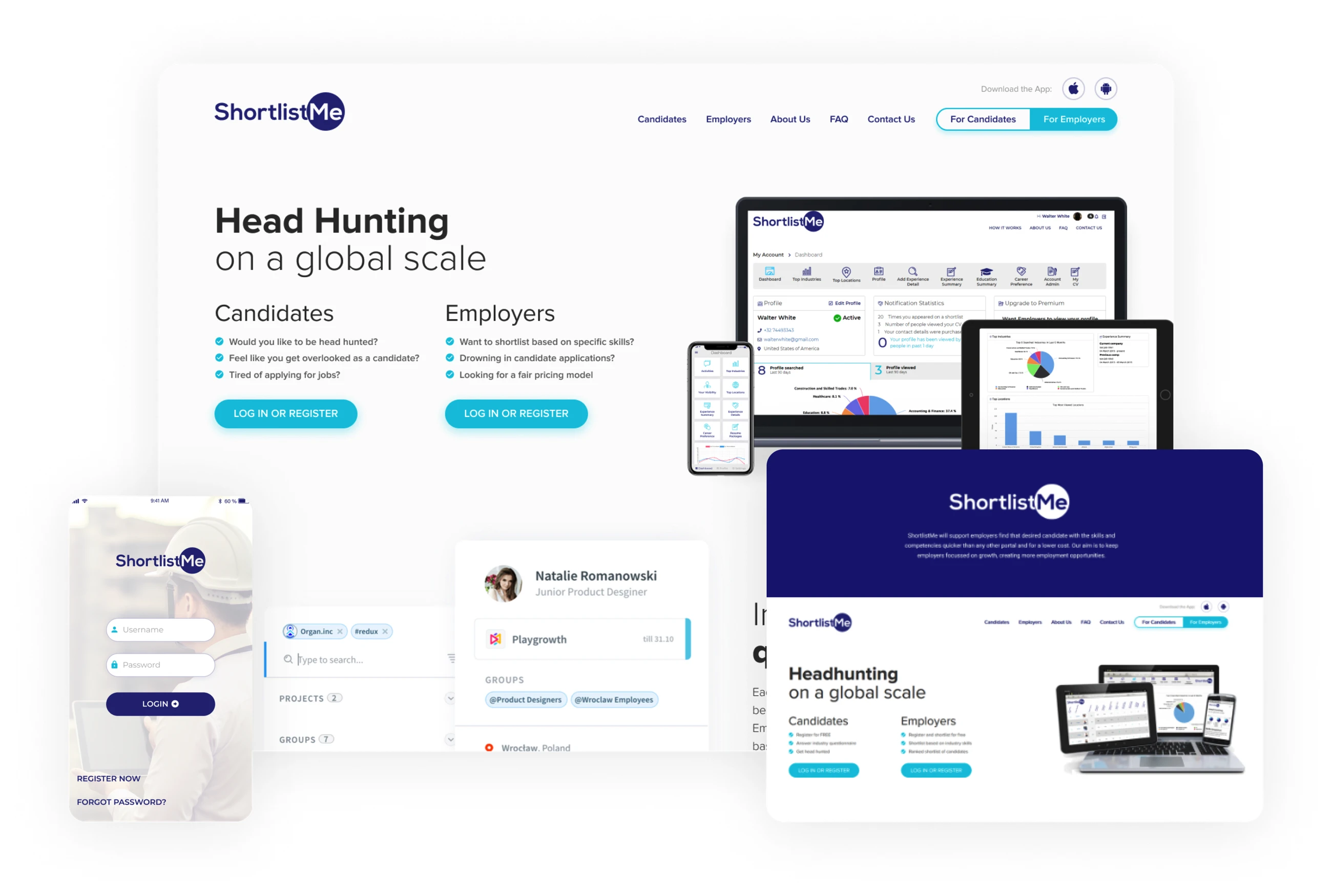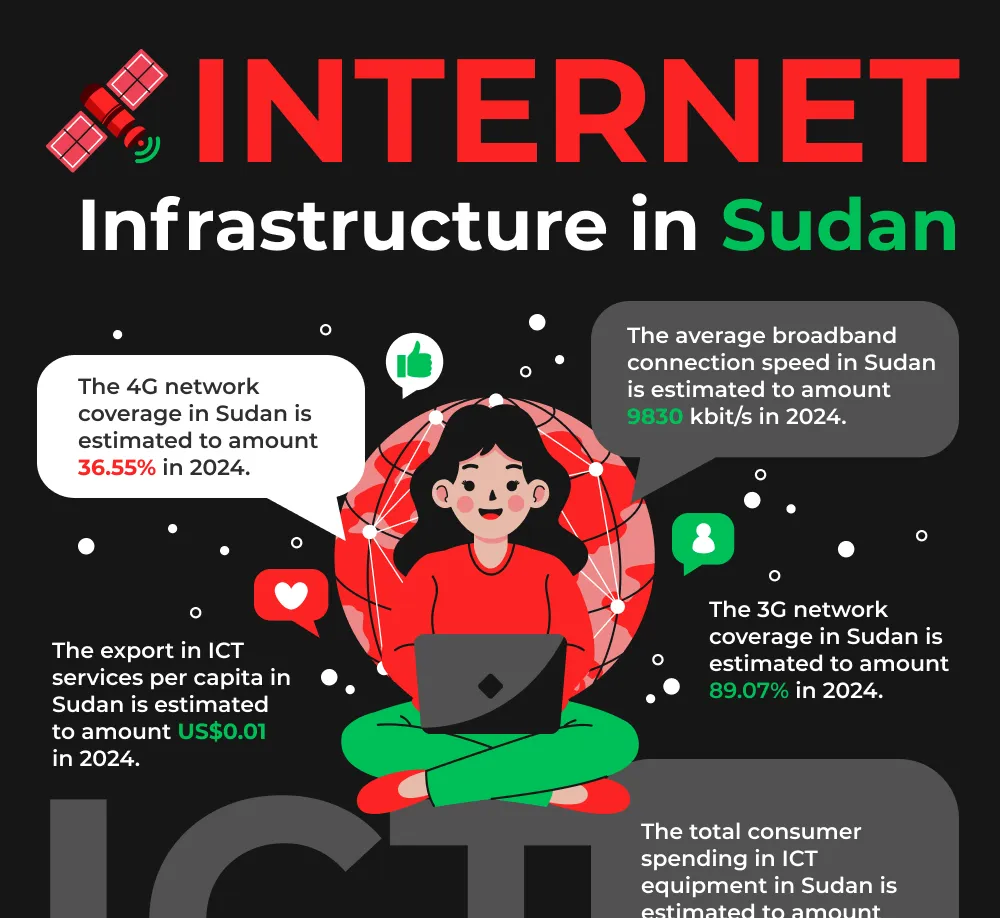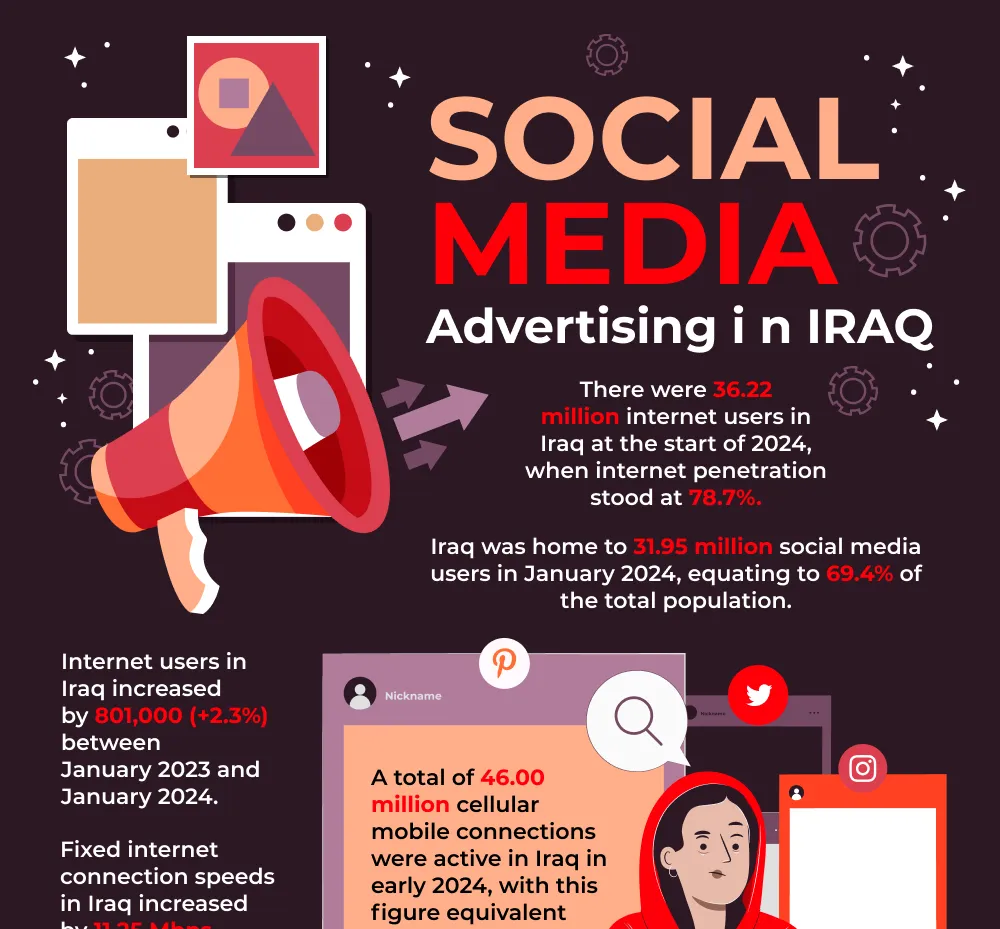Training & Coaching Center Management
A training and coaching center management solution is a software that helps educational institutions and professional service providers to manage and optimize their training and coaching operations. It provides tools for automating and streamlining tasks, as well as for storing and organizing data and documents.
By improving efficiency and effectiveness, a training and coaching center management solution helps organizations to reduce costs, increase revenues, and deliver better outcomes.
With a training and coaching center management solution, educational institutions and professional service providers can easily and securely manage their courses, instructors, and students from anywhere, at any time, using any device.
